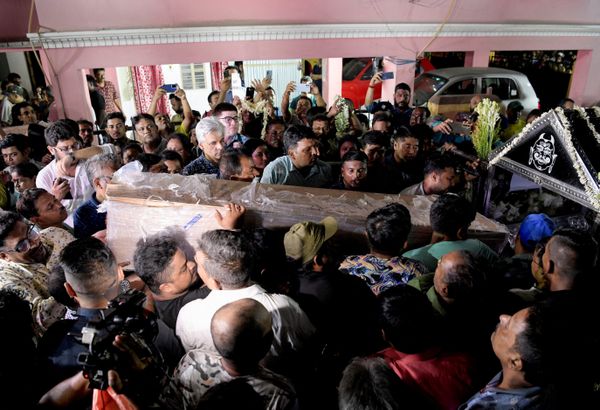ANKARA, April 24 — India has suspended a decades-old water treaty with neighbouring Pakistan on Wednesday, a day after unknown gunmen attacked tourists in Indian-administered Kashmir.
Anadolu Agency reported that New Delhi has also declared Islamabad's defence/military, naval, and air advisors persona non grata at the Pakistani High Commission in New Delhi, giving them one week to leave the country.
In a statement, it said that India has also closed the border crossing with Pakistan at Wagah, while New Delhi will restrict visas under the regional SAARC framework to Pakistani citizens.
At least 26 people were killed on Tuesday when unknown gunmen opened fire on tourists in Indian-administered Kashmir, forcing Prime Minister Narendra Modi to cut short his trip to Saudi Arabia.
The decisions were made at Modi's emergency Cabinet Security Committee meeting in New Delhi.
India will withdraw its own defence/navy/air advisors from the Indian High Commission in Islamabad. The posts in the respective high commissions are deemed null and void.
Five support staff of the service advisors will also be withdrawn from both high commissions
Amid increasing tensions, Pakistan's government has convened a National Security Committee meeting on Thursday to decide how to respond to India's unilateral decisions.
Prime Minister Shehbaz Sharif leads the committee, including the three armed services chiefs and other officials.
New Delhi has suspended the Indus Water Treaty (IWT), a 64-year-old water-sharing agreement between the longtime rivals.
The two longtime rivals share six rivers' water under the IWT, a water-sharing agreement brokered by the World Bank in 1960.
Under the agreement, India receives the waters of the Sutlej, Beas, and Ravi rivers, while Pakistan gets the waters of the Indus, Jhelum, and Chenab rivers.
Pakistan accuses India of "continuously violating" the treaty by building dams on western rivers, whereas New Delhi believes Islamabad has more water than New Delhi as a result of the treaty.
According to some experts, suspension of the treaty will further aggravate tensions on the issue, giving New Delhi an edge to exploit water regulation.
This is the first time either party has unilaterally suspended the treaty since it was signed in 1960.
— Bernama


